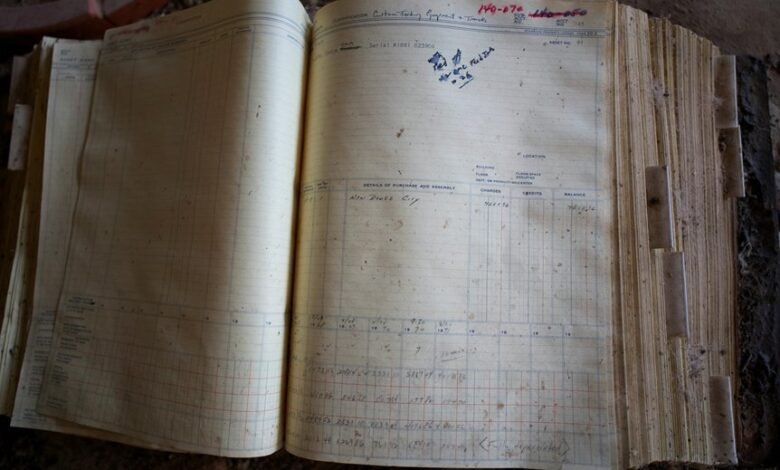Digital Record Archive: 8554510429, 8554634864, 8554642943, 8554677364, 8555003599, 8555181732

The Digital Record Archive, represented by identifiers such as 8554510429 and 8554634864, underscores the critical role of unique identifiers in managing digital materials. These identifiers enhance the retrieval process and support scholarly research efforts. Furthermore, the archive employs rigorous digital preservation strategies to protect cultural heritage. This raises important questions about the ongoing collaboration between archivists and historians, as well as the evolving challenges in ensuring the longevity of historical records.
The Importance of Unique Identifiers in Digital Archives
While the proliferation of digital content has transformed the landscape of information management, the necessity for unique identifiers in digital archives remains paramount.
Identifier systems ensure archival integrity by providing distinct references for each digital asset, facilitating accurate retrieval and management. These systems enhance accessibility, reduce duplication, and support the long-term preservation of digital materials, ultimately empowering users to navigate complex information landscapes with confidence.
How the Digital Record Archive Facilitates Research
As researchers increasingly rely on digital resources, the Digital Record Archive plays a critical role in streamlining their investigative processes.
By enhancing data retrieval capabilities, it significantly boosts research efficiency, allowing scholars to access vast amounts of information swiftly.
This seamless integration of digital tools empowers researchers to focus on analysis and interpretation, ultimately fostering a more dynamic and liberated approach to academic inquiry.
Ensuring Future Access to Historical Records
Ensuring future access to historical records is imperative for preserving cultural heritage and facilitating ongoing scholarship.
Digital preservation strategies must prioritize archival accessibility, enabling broader public engagement. By employing robust technological solutions and maintaining updated metadata standards, institutions can safeguard these records against obsolescence.
Collaborative efforts among archivists, historians, and technologists will further enhance the sustainability of access to invaluable historical materials for future generations.
Conclusion
In conclusion, the Digital Record Archive serves as a beacon of knowledge, illuminating the path for researchers and historians alike. Just as a lighthouse guides ships through turbulent waters, the unique identifiers ensure that vital historical records remain accessible and secure. By employing advanced preservation strategies, the archive not only protects cultural heritage but also fosters collaboration among scholars, ensuring that future generations can engage with and learn from the past.




